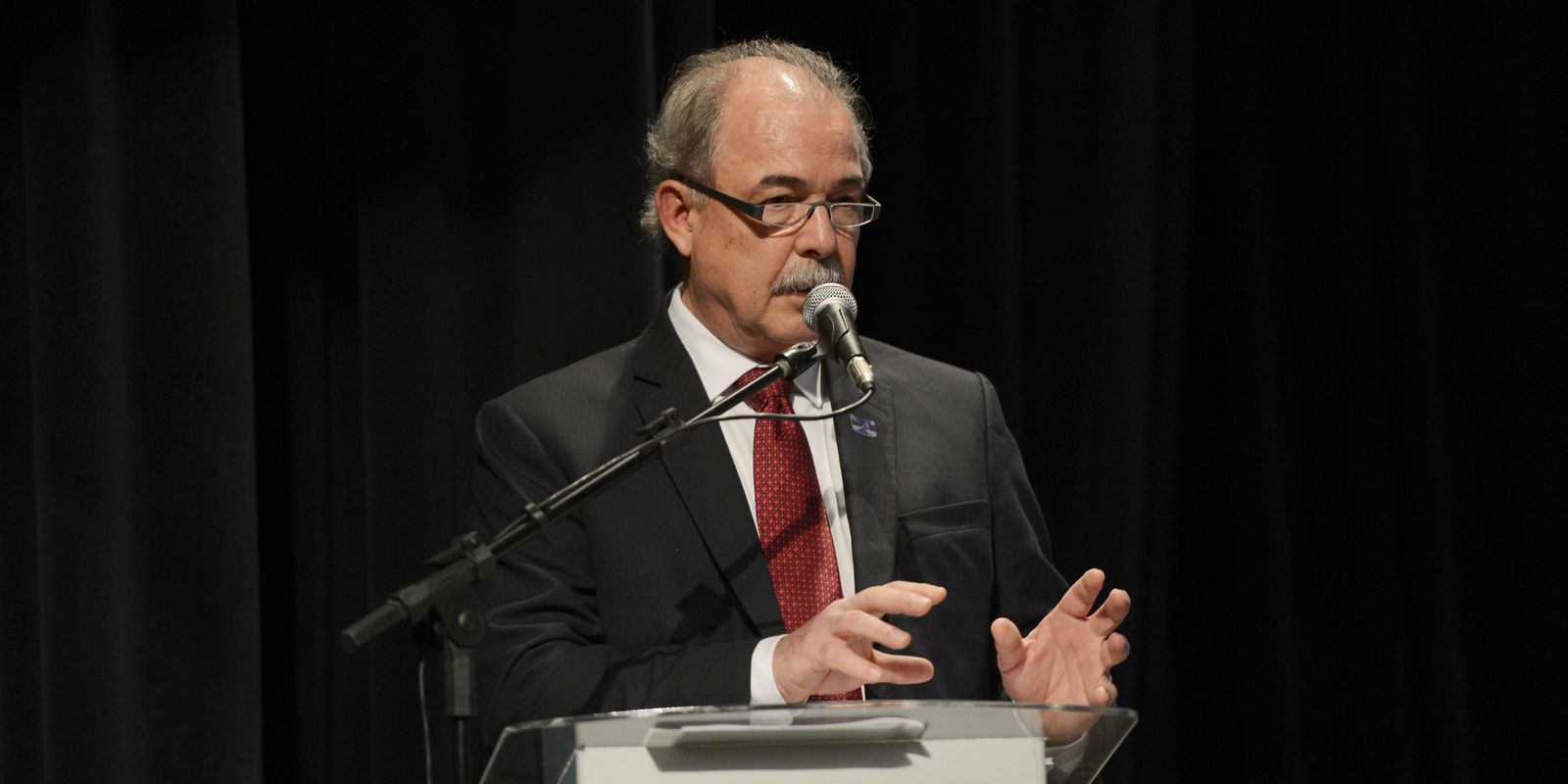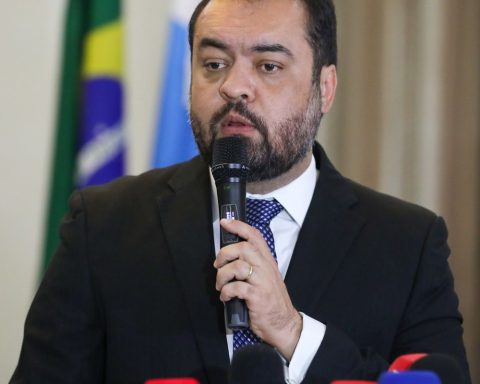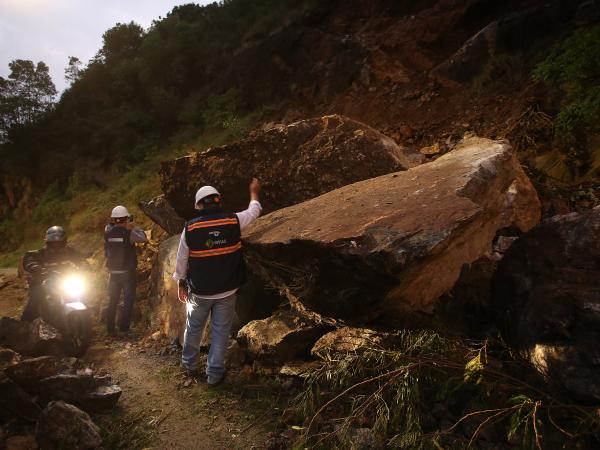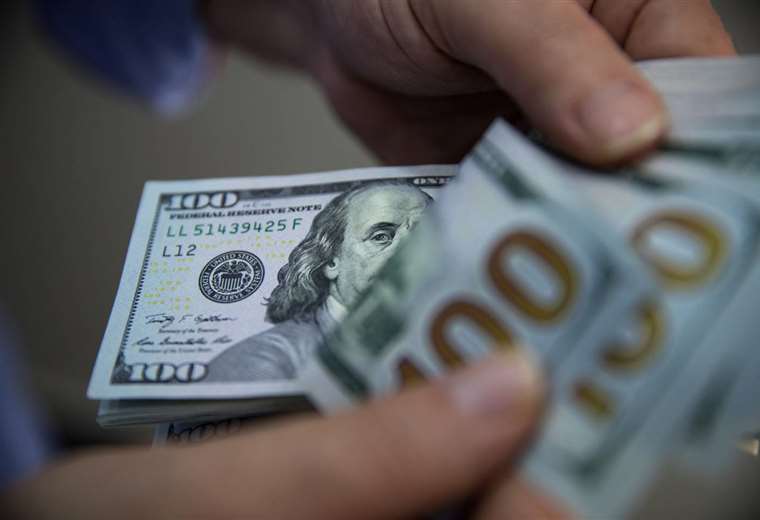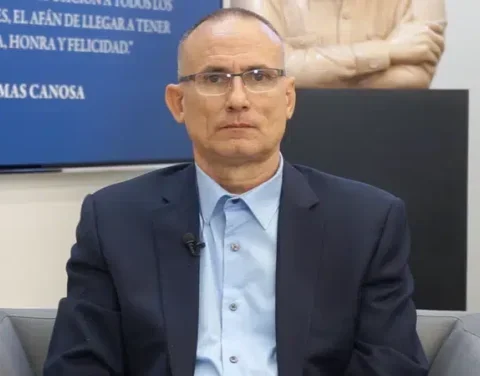The president of the National Bank for Economic and Social Development (BNDES), Aloizio Mercadante, asked today (14) for a change in the calculation of the Long-Term Rate (TLP), used to correct the institution’s financing. He discussed the matter with the Minister of Finance, Fernando Haddad, at a meeting in Brasília.
Currently, the TLP is calculated based on official inflation plus the interest on government bonds linked to price indices. Mercadante defended that the rate be calculated based on a moving average of inflation, in order to reduce the volatility of monthly inflation.
“We also came to discuss the TLP, which is very volatile because it works with monthly inflation. So the rate fluctuates a lot, it greatly affects predictability for micro and small companies. BNDES lent BRL 52 billion to micro and small companies. The rate has to be more stable. You cannot use monthly inflation. You have to take a moving average of inflation,” said Mercadante.
The president of the BNDES made the request two days before the first meeting of the National Monetary Council (CMN) under President Luiz Inácio Lula da Silva. Prior to the TLP, BNDES financing was restated by the Long-Term Interest Rate (TJLP), which was set every three months by the CMN.
Mercadante defended that the National Monetary Council can make the TLP more flexible for smaller companies. “Also [pedimos] make the TLP more flexible in the National Monetary Council so that we have, depending on the line, flexibility to have more favorable rates to finance micro and small companies. It is different from financing an infrastructure line, for 30 to 35 years,” he said.
Works abroad
Regarding the financing of works abroad, Mercadante stated that the bank does not finance projects directly, but Brazilian companies that participate in works in other countries. The president said that the bank does not finance works abroad, but it can finance companies that carry out this type of project abroad. “Right now, there is no civil construction company requesting any line of financing from the BNDES. This agenda is not with the BNDES,” he said.
On a trip to Argentina last month, President Luiz Inácio Lula da Silva announced the BNDES’ intention to return to finance projects and engineering and development in neighboring countries. Financing would take place through Brazilian companies that operate abroad, along the lines of financing service exports. At today’s meeting, Mercadante defended that Brazil should have an EximBank, a public bank that finances exports.
dividends
Mercadante also said he had asked Haddad to reduce from 60% to 25% the share of dividends paid by the institution to the National Treasury. According to him, the change would put the BNDES on equal terms with Banco do Brasil and would free up resources for financing micro and small companies, clean energy projects and technological innovation.
“Historically, public companies pay dividends of 25% [do lucro]. BNDES paid 25%. During the period when the BNDES had the TJLP and received many subsidies, the government increased it to 60%. But today the BNDES no longer receives subsidies from the Treasury, on the contrary. BNDES has paid, since 2015, R$678 billion in resources transferred to the Treasury. We are ending this cycle. We are going for a balanced relationship between the Treasury and the BNDES”, he explained.
In addition to the dividends, in the coming months, the BNDES will also make a payment of R$ 22 billion to the National Treasury, following determination by the Federal Audit Court. This will be the last installment of the compensation of more than R$ 500 billion made in the last six years. According to Mercadante, this is a chapter that is being closed.
Conflict of interests
Regarding the nomination of the Federal Revenue Secretary, Robinson Barreirinhas, to the BNDES Board of Directors, Mercadante said he saw no conflict of interest. “I don’t think there is a conflict of interest, on the contrary. I think that [a nomeação] approximates the experience of the Secretary of Revenue. The bank is public, 100% public, so it is compatible with the role it performs,” he said.
Traditionally, the BNDES Board of Directors has representatives from the Ministry of Finance. However, this is the first time that the Secretary of Revenue occupies this role in a state-owned company. Experts point to a possible conflict of interest because the Federal Revenue Service, by definition, is interested in collecting as much as possible from companies, which can compromise the companies’ profit.
